Fatty liver disease, medically known as hepatic steatosis, is a condition where excess fat accumulates in the liver. This issue is becoming increasingly common, particularly due to lifestyle factors such as poor diet and lack of physical activity. While fatty liver often presents no obvious symptoms, it can progress to severe liver damage if left unmanaged.
In this article, we’ll explore the causes, symptoms, and types of fatty liver disease, as well as effective treatments and home remedies to help manage this condition.
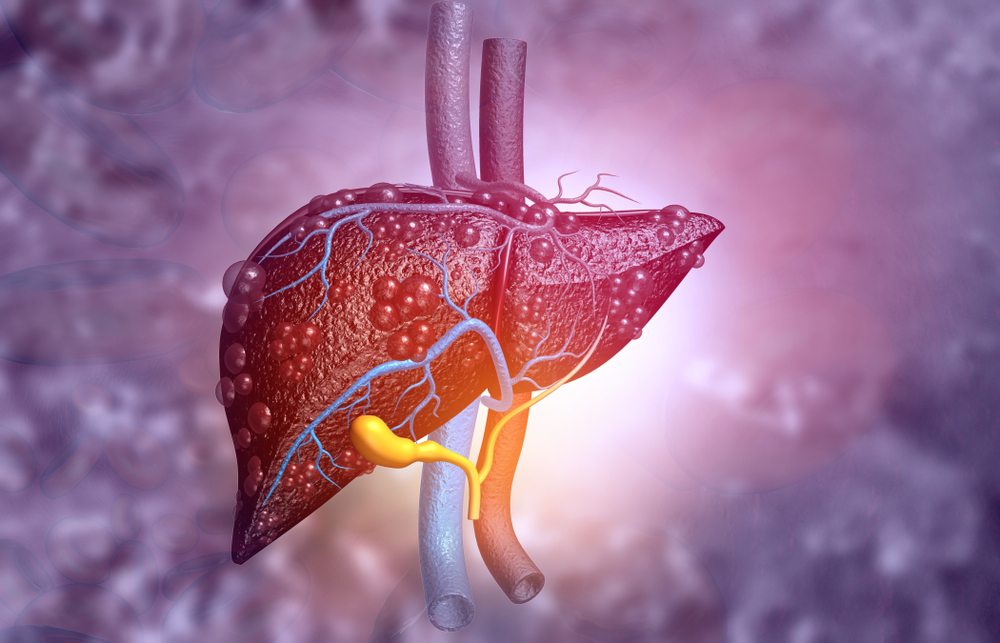
What Causes Fatty Liver Disease?
Fatty liver occurs when fat accumulates in the liver cells, making up more than 5% to 10% of the liver’s weight. This build-up can result from several factors, most of which are related to lifestyle and health conditions.
Unhealthy Diet and Poor Nutrition
One of the primary causes of fatty liver disease is an unhealthy diet, particularly one high in:
- Processed foods
- Sugary drinks
- Saturated fats
Consuming these regularly can lead to fat accumulation in the liver, increasing the risk of fatty liver disease.
Video: Fatty Liver: Symptoms, Causes and Treatment | Dr. Rahul Rai (Prof.)
Obesity and Weight Gain
Being overweight or obese is a significant risk factor. Excess weight often correlates with fat deposits not just around the belly but also in the liver, leading to hepatic steatosis.
Insulin Resistance and Diabetes
People with type 2 diabetes or metabolic syndrome are at a higher risk of developing fatty liver. Insulin resistance can cause fat to accumulate in liver cells, even in those who do not consume alcohol.
Excessive Alcohol Consumption
Excessive drinking is directly linked to Alcoholic Fatty Liver Disease (AFLD). Alcohol impacts the liver’s ability to process fats efficiently, leading to fat storage and potential inflammation.
Genetic Predisposition
Some individuals may inherit a tendency toward fatty liver disease. If family members have had the condition, you might be at a higher risk.
Other Contributing Factors
Certain medical conditions, such as high cholesterol, high triglycerides, and specific medications, can also increase the likelihood of developing fatty liver.
Recognizing the Symptoms: When to Be Concerned
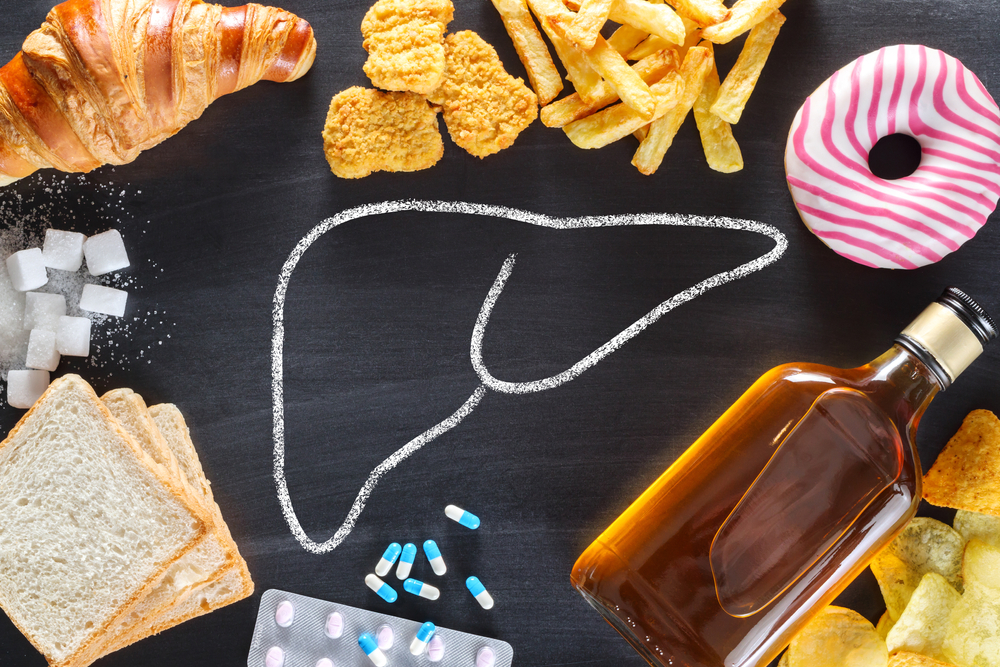
Fatty liver disease is often asymptomatic, especially in the early stages. Many individuals discover they have the condition only during routine medical check-ups. However, as the disease progresses, some common symptoms may appear:
- Fatigue
- Abdominal pain or discomfort
- Weakness
- Unexplained weight loss
- Jaundice (yellowing of the skin and eyes)
If you experience these symptoms, it’s essential to consult a healthcare provider for accurate diagnosis and management.
Types of Fatty Liver Disease
Fatty liver disease is generally classified into two main types:
Alcoholic Fatty Liver Disease (AFLD)
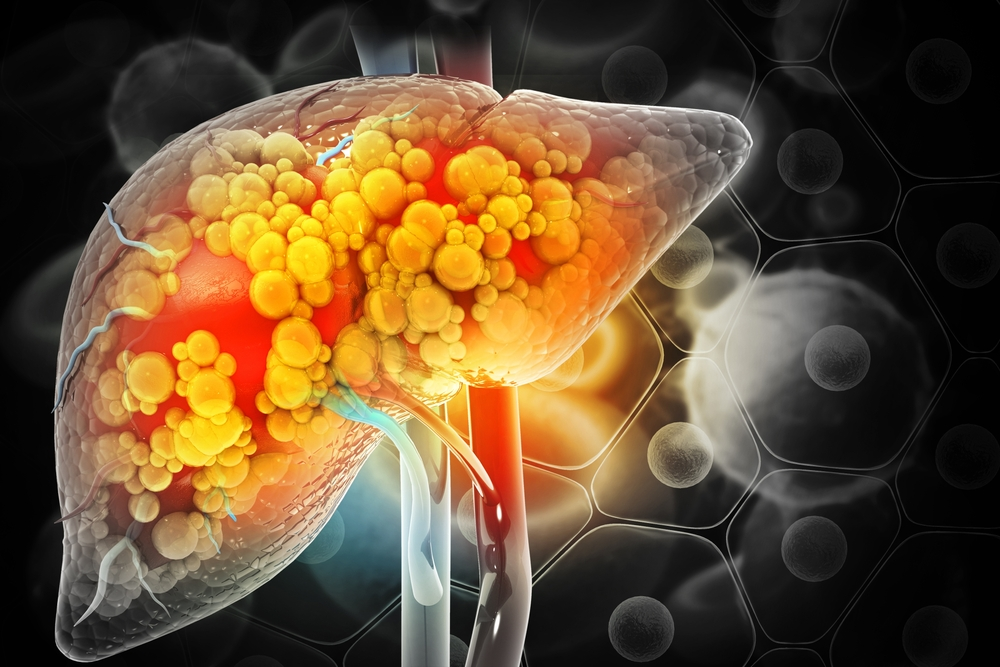
This condition occurs due to excessive alcohol consumption, which impairs the liver’s ability to break down fats. Continuous alcohol abuse can lead to more severe liver damage, including cirrhosis.
Non-Alcoholic Fatty Liver Disease (NAFLD)
NAFLD is more common and is not linked to alcohol use. It is associated with obesity, insulin resistance, high blood pressure, and elevated cholesterol levels. NAFLD can progress to Non-Alcoholic Steatohepatitis (NASH), characterized by liver inflammation and potential fibrosis.
Prevention and Lifestyle-Based Management of Fatty Liver
Adopting a healthier lifestyle is the most effective way to prevent and manage fatty liver disease. Here are some practical approaches:
Healthy Diet Choices
Focus on a balanced diet rich in:
- Fruits and vegetables
- Whole grains
- Lean proteins
- Healthy fats (like those from nuts, seeds, and fish)
Avoid processed foods, sugary beverages, and trans fats, as these contribute to fat accumulation in the liver.
Regular Physical Activity
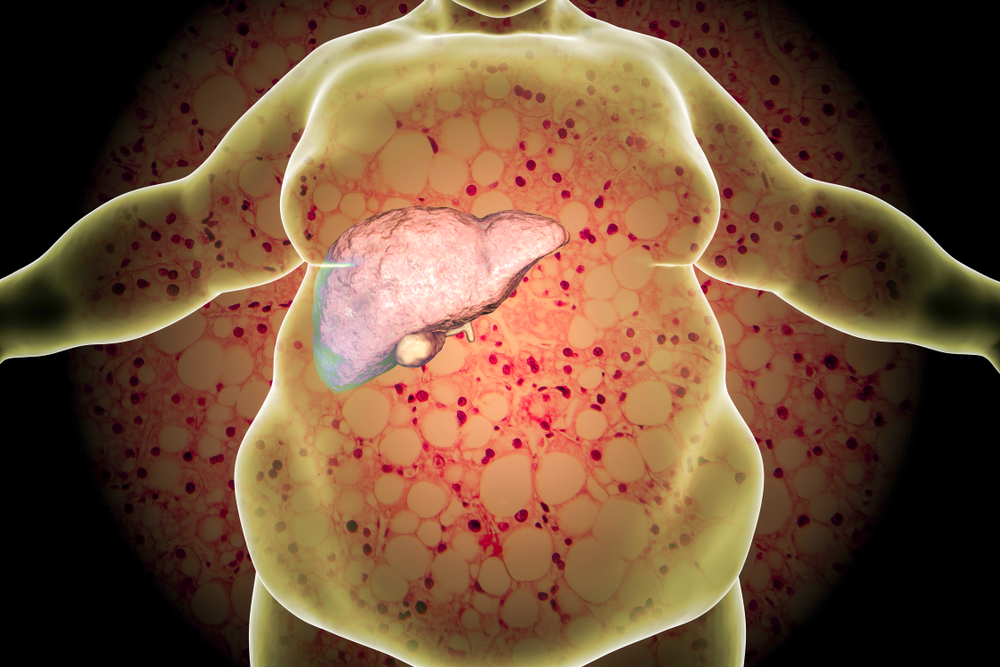
Incorporating at least 150 minutes of moderate exercise per week can significantly improve liver health. Activities like walking, cycling, and swimming are beneficial. Combining cardio with strength training helps reduce fat levels and enhances metabolism.
Weight Management
Maintaining a healthy weight is crucial for preventing fatty liver. Gradual weight loss can reduce fat buildup and improve liver function. Consult a healthcare professional for personalized advice on weight management strategies.
Limit Alcohol Consumption
Reducing or eliminating alcohol intake is vital, especially for those diagnosed with AFLD. Even moderate alcohol consumption can worsen liver damage in affected individuals.
Control Underlying Health Conditions
Managing medical issues like diabetes, hypertension, and high cholesterol can help minimize the risk of developing fatty liver. Regular check-ups and following your doctor’s advice are key to keeping these conditions under control.
Home Remedies and Supplements for Fatty Liver
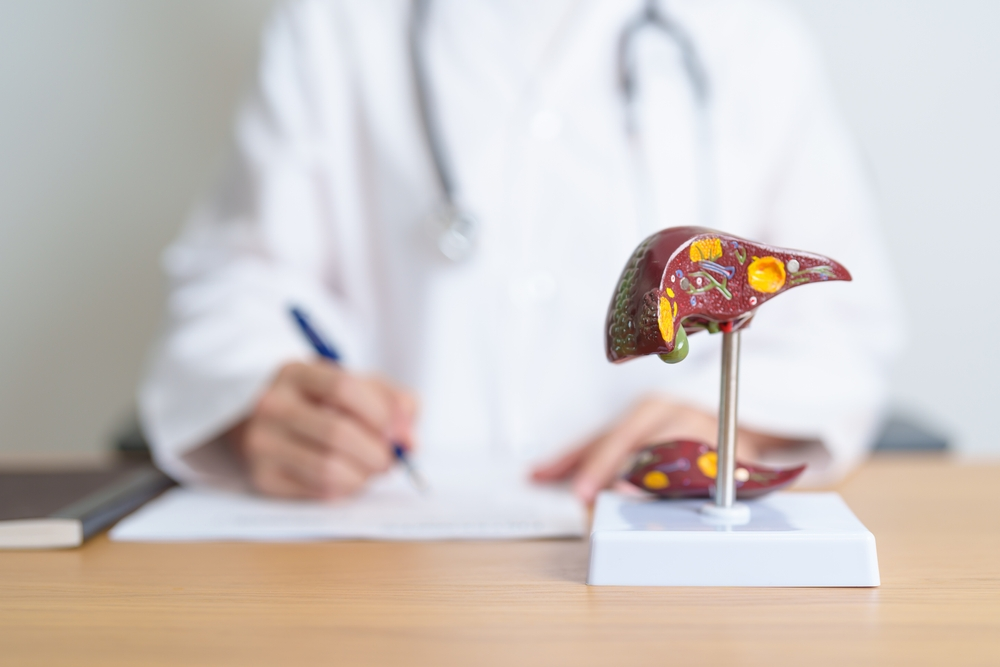
While lifestyle changes are the most effective approach, some home remedies may support liver health. Always consult your doctor before starting any new supplements.
Milk Thistle
This herbal supplement is known for its potential to improve liver function. It contains silymarin, which may help reduce liver inflammation.
Omega-3 Fatty Acids
Fish oil supplements rich in omega-3s can help reduce liver fat levels and improve metabolic health.
Vitamin E
Research suggests that vitamin E might have antioxidant properties that benefit those with NAFLD. However, it should be used cautiously, especially in high doses.
Green Tea
Drinking green tea may support liver function due to its high antioxidant content. It can also aid in weight management, indirectly benefiting liver health.
The Bottom Line
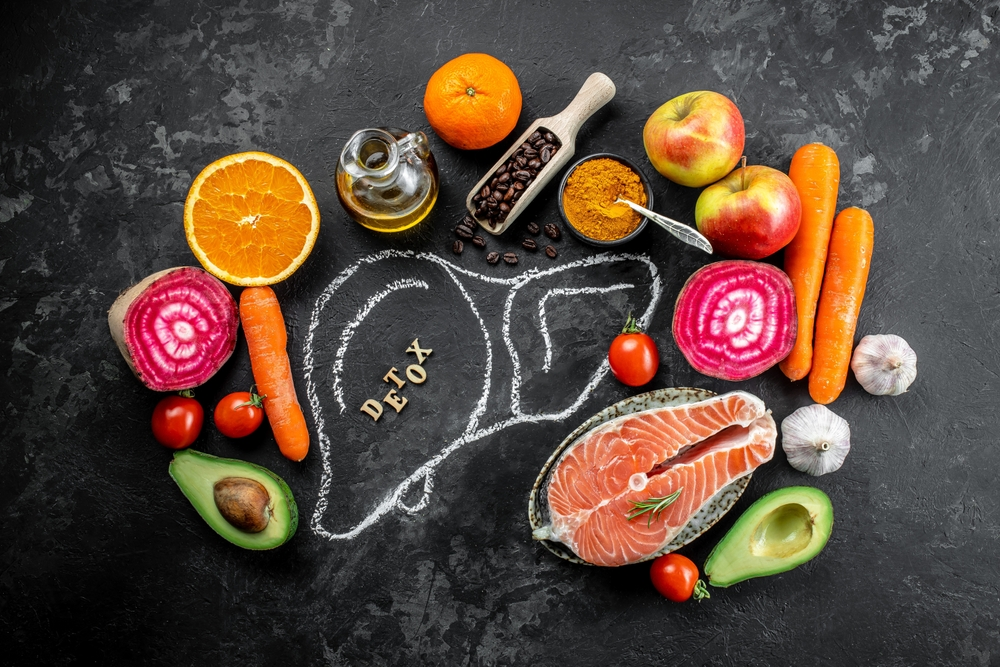
Fatty liver disease is a prevalent condition that can be managed with lifestyle modifications. By maintaining a healthy diet, engaging in regular physical activity, controlling alcohol intake, and managing underlying health issues, individuals can significantly reduce their risk of progression. Considering supplements like milk thistle, omega-3s, and vitamin E may also offer additional liver support.
Taking proactive steps to improve liver health can prevent complications and promote overall well-being. If you suspect you have fatty liver or are at risk, consult your healthcare provider for a tailored plan to address your specific needs.


